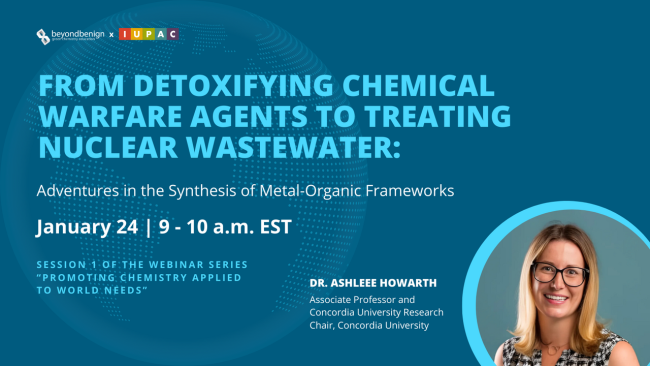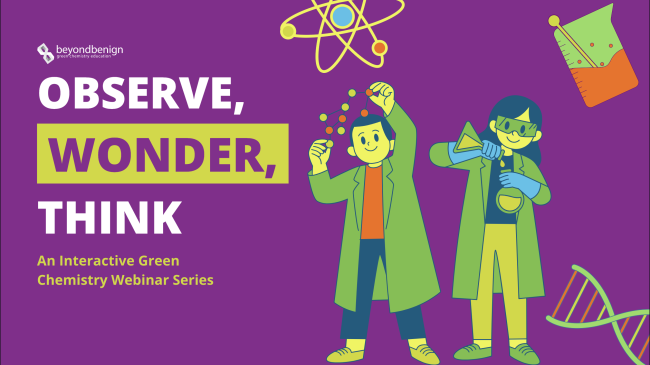Unbeatable expertise in science teaching and learning professional development.....
The UK's largest event focussing on science education professional teaching and learning, the ASE Annual Conference, takes place at the University of Nottingham's University Park Campus from Thursday 9th to Saturday 11th January 2025
- Choose from over 250 sessions from the best science education speakers and practitioners - all in one place.
- Focus on your school’s specific priorities, develop your own subject knowledge and learn from other teachers and science education experts.
- Enjoy fantastic networking opportunities to gain exciting new ideas, approaches and resources that you can share with your whole team.
- Explore an unmissable exhibition of more than 50 science education organisations, full of activities, equipment and resources with exclusive competitions and giveaways.
This is an amazing opportunity to engage in cost-effective, subject-specific professional learning and is perfect for all primary science educators, secondary and further education teachers, technicians, trainees and multi-academy trust science teams.
How much does it cost to attend? One day registration starts from only £99 for ASE teacher-members and even less for trainees-members and technician-members.
Our most affordable Early Bird tickets will be on sale until 23:45 on Sunday 3rd November.
Please note that registration will stay open for the duration of the conference but participants will need to check-in at registration desks upon arrival each day before entry to the main conference sessions.
Where can I find our more information about the Conference? The most up-to-date information can be found by exploring the Conference Webpage, within which you will find the link to the live digital timetable Sched - why not create your own personal agenda to suit your own professional development needs in Sched?
Where can I find my membership number? Your new membership ID number can be found in the top righthand corner on your My Account page of the ASE website after logging in (the numbers issued from the old system that start with an M are no longer valid). If you're not yet a member and would like to get the best conference rates, you can join online or over the phone on 01707 283000.
How can I contact the organiser with any questions? Please email conferences@ase.org.uk with any enquiries or call us on 01707 283000.
Are there minimum age requirements to enter the event? Students accompanying teachers as part of Saturday's Schools Exhibition are also permitted entry. Unfortunately children are not permitted to attend other events throughout Conference.
When will I receive my ticket/delegate badge? All delegate badges will be provided daily at the registration desks at Conference, within Pope Building in Room A15. Please ensure you provide evidence of your Eventbrite booking with your order number at registration. Registration will open at 08:00 on each day.
What's the refund policy? Cancellation of registration before 26th November 2024 will incur a 5% cancellation charge (30 working days before the event). After this date no refunds can be made.
Should you have any queries, please view the FAQs on the Conference webpage and should you not find the answer to your questions please email conferences@ase.org.uk and one of the events team will respond as soon as they are able. Thank you and we look forward to seeing you at Nottingham in January 2025.












